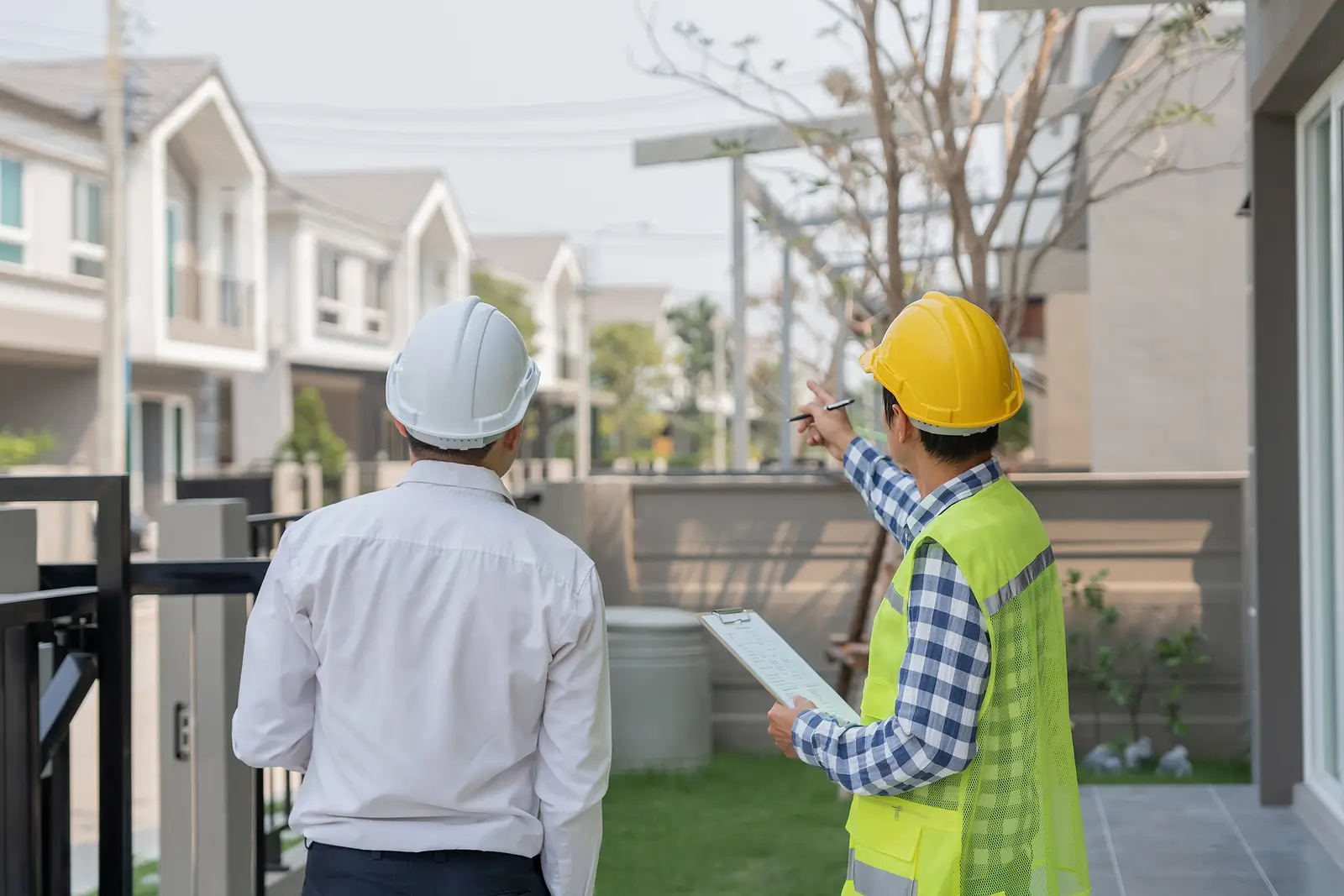As a landlord in Pahrump, NV, performing rental property inspections is one of the smartest ways to protect your investment and ensure tenant compliance with the rental agreement. But how often should you be inspecting your rental property without disrupting your tenants' personal belongings or comfort? In this blog, we’ll explore how often you should inspect your property, what to look for, and how to do it right.
Why Regular Property Inspections Matter
Regularly scheduled rental inspections are essential for catching maintenance issues early, protecting your tenant's security deposit, and ensuring compliance with your rental agreement. Inspections allow you to monitor the condition of the property, prevent long-term damage, and reduce overall repair costs.
Recommended Inspection Timeline for Pahrump Landlords
Each type of rental property may require a slightly different approach.
Here’s how often you should conduct inspections:
Move-In Inspections
Start every tenancy with a thorough move-in inspection to document the property’s condition. This sets the standard for future evaluations and helps avoid disputes about personal belongings, smoke detectors, or damage when the new tenant eventually moves out.
Be sure to review the rental inspection checklist and have the lease agreement signed and referenced during the process. This initial landlord inspection also establishes expectations for routine inspections moving forward. An accurate inspection report at this stage is essential.
Quarterly or Biannual Inspections
Have quarterly inspections or at least twice a year. These mid-lease inspections help you stay ahead of issues while respecting the tenant’s privacy and following both laws and the lease. During these visits, check critical components like heating and cooling systems, roofing, smoke detectors, and plumbing and electrical systems.
Regular visits also allow you to address potential safety hazards and monitor wear and tear over time. By planning and communicating clearly, you’ll make the inspection process smoother for everyone involved.
Drive-By Inspections
A drive-by rent inspection allows you to observe the property’s exterior each month without entering the rental unit. These quick checks help ensure lease compliance by identifying visible issues like unauthorized occupants, overgrown landscaping, or exterior damage.
They also support tenant safety by spotting hazards early in the rental cycle, while respecting privacy and avoiding intrusion on personal belongings. Conducting these inspections regularly helps maintain the lease terms and contributes to overall tenant satisfaction.
Move-Out Inspections
After the tenant moves, perform a move-out inspection to compare with your move-in documentation. This determines whether you’ll need to deduct from the security deposit and identifies any repairs required before the next lease starts.
Respect Local Laws and Tenant Rights
Nevada local laws require you to provide proper notice, typically advance notice of at least 24 hours, before entering the unit unless there’s an emergency. If a tenant refuses entry despite receiving prior notice, it’s crucial to document your attempts and consider involving a property manager.
Complying with local regulations around inspections not only keeps you out of legal trouble, it also builds trust with your tenants and encourages cooperation during the inspection process.
Partner With Freedom House for Professional Property Inspections
Whether you’re managing a single-family home or another type of rental, Freedom House Property Management can handle the full inspection process for you. From move-in inspections to regular inspections, we’ll ensure your property stays in great shape while complying with all local regulations and respecting your tenants’ rights.
Ready to protect your property the right way? Contact us today and let us help you in conducting rental property inspection!
FAQs About Rental Property Inspections in Pahrump, NV
1. How much notice do I need to give before an inspection in Nevada?
Nevada law requires landlords like you to provide at least 24 hours' advance notice before entering the property for an inspection unless there’s an emergency. Always give written notice and document it to avoid disputes.
2. Can a tenant refuse a rental inspection?
Tenants can’t legally refuse an inspection if you provided proper notice and the reason is in line with the lease agreement and local laws. If a tenant continues to deny access, document the situation and consider consulting a property manager or legal expert.
3. What should I look for during a rental property inspection?
During a rental inspection, check the plumbing and electrical systems, heating and cooling systems, smoke detectors, overall wear and tear, and ensure the tenant is following the terms of the lease. Use a rental inspection checklist to stay organized.


